What are the famous black tea varieties in Yunnan? how to preserve the tea collection?
Yunnan black tea, also known as Yunnan black tea, is a kind of Kungfu Tea, produced in Yunnan Province, China.
"Yunnan" is the abbreviation of Yunnan, "red" means "red", but here it refers to "black tea", so Yunnan black tea is called Yunnan black tea. Because of its excellent quality, it is highly appraised by tea experts at home and abroad.
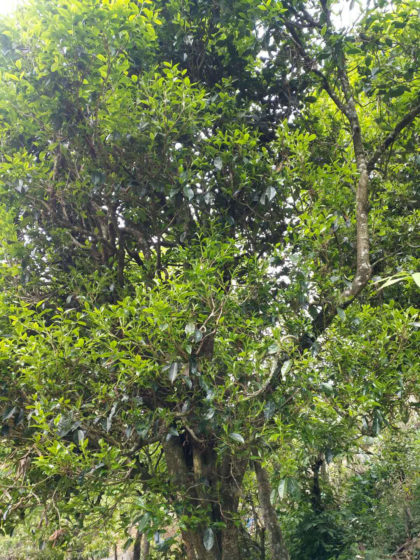
1. History of Yunnan black tea
In 1937, the two went to Yunnan to inspect the production and sales of tea. They found that some mountainous areas of Yunnan had natural conditions suitable for growing tea trees, so they began to plant them and tried to invent a new kind of black tea.
The trial production of black tea is a difficult period. Because there was no such convenient transportation at that time, the machinery and equipment could not be transported to the production area. They must be taken apart and transported on horseback, which takes half a month to go back and forth.
Until 1939, through their efforts, they successfully carried out trial production. The finished tea is plump, the color of the tea is bright red and the aroma is rich. Yunnan black tea was founded by the founder and named "Dianhong"; so "Dianhong" tea was born.
The first batch of Yunnan black tea was shipped to Hong Kong for sale and was welcomed by tea customers. Since then, the Yunnan red tea industry has developed year by year. It enjoys a high reputation in the former Soviet Union, Eastern European countries and London market, and is one of the varieties with high export price and good income of black tea in China.
two。 Growing environment of Yunnan black tea
Yunnan Province is located on the southwest border of China. Belongs to the subtropical climate, the annual average temperature is 18-22 ℃, the temperature difference between day and night is large.
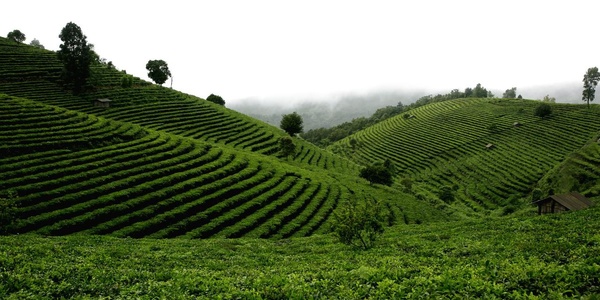
The forest here is very thick. Withered grass and leaves form a deep layer of humus, so the soil is fertile, which makes tea trees tall, buds and leaves strong. Even if it grows 5-6 leaves, they are still soft. The contents of polyphenols and alkaloids in tea are high.
According to the geographical location, the producing area of Yunnan black tea is divided into three regions: West Yunnan, South Yunnan and Northeast Yunnan. Yunnan black tea is produced in western and southern Yunnan.
3. Characteristics of Yunnan black tea
Yunnan black tea is made from the fresh leaves of Yunnan big-leaf tea tree by wilting, rolling, fermentation, baking and other processes.
After brewing, Yunnan black tea has a bright red color, fresh aroma and strong flavor. A unique feature is that gold rings can often be seen at the contact between the tea and the teacup. In Dianhong Gongfu black tea, the best quality is "Dianhong special gift tea", which is mainly made of one bud and one leaf.
Dianhong black tea also includes Dianhong broken black tea, which is made of Dianhong Kungfu Tea chopped or chopped into particles and powder.
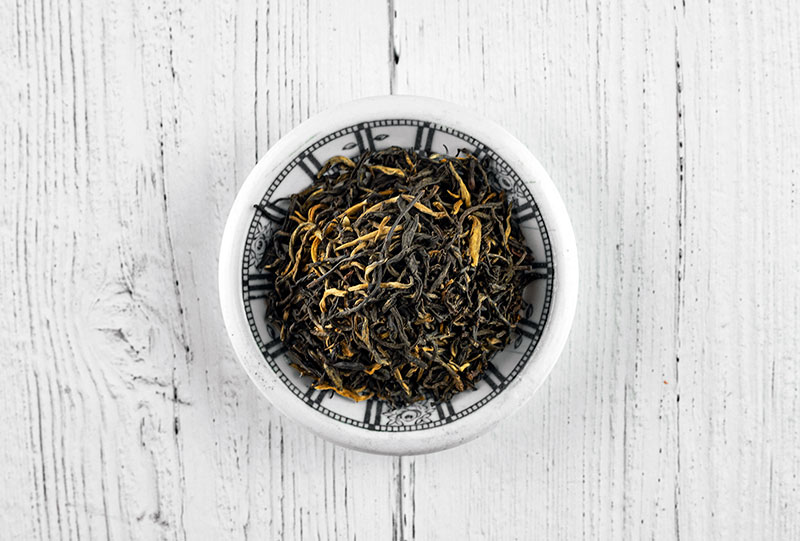
Dianhong Kungfu Tea and Dianhong broken black tea are exported to Russia, Poland and other Eastern European countries and more than 30 countries and regions such as Western Europe and North America. The drinking method of Yunnan black tea is mainly to add sugar and milk to mix, after adding milk, the taste of the tea is still strong.
4. How to store Yunnan red tea
The common storage methods of Yunnan black tea are iron can storage and bag storage:
Iron can storage: at present, the most popular and commonly used method of tea storage in China is to use iron cans for storage, which is simple and convenient. Iron cans with tea should be kept in a cool place, not in direct sunlight or wet places.
Storage in bags: storing tea in plastic bags is one of the simplest and most economical ways to store tea in families. When using plastic bags, first choose the bag that is suitable for food; secondly, the material of the bag should not have smell.
Important Notice :
前街咖啡 FrontStreet Coffee has moved to new addredd:
FrontStreet Coffee Address: 315,Donghua East Road,GuangZhou
Tel:020 38364473
- Prev
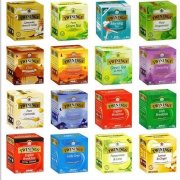
What are the world-famous high-end black tea brands? What grade of Chuanning black tea is better to drink?
For more than 300 years, Twinings has been leading the way in black tea. When it comes to TWININGS, it is impossible not to mention the birth of Earl Grey tea. Although there are many accounts of the origin of the brand, it is generally believed that it originated from Earl Grey, who was Prime Minister of Britain in the 19th century. Twining at that time would be based on customers
- Next
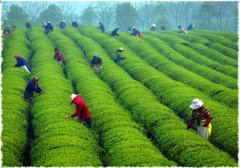
Where is the tea Qimen black tea which varieties how to bubble correctly and taste characteristics
Qimen tea is also called Qimen black tea or Qimen red tea. It is a kind of kung fu tea, so it is also called Qimen kung fu tea. It is also one of China's top ten tea, produced in Anhui Province, Huangshan City, Qimen County. Qimen tea is one of the best black teas in China. Historically, it has been the favorite drink of the Queen and the Royal Family. Qimen tea enjoys a high reputation and is known as the Queen of Black Tea. 1. Qimen Tea History Qimen Tea Most
Related
- Beginners will see the "Coffee pull flower" guide!
- What is the difference between ice blog purified milk and ordinary milk coffee?
- Why is the Philippines the largest producer of crops in Liberia?
- For coffee extraction, should the fine powder be retained?
- How does extracted espresso fill pressed powder? How much strength does it take to press the powder?
- How to make jasmine cold extract coffee? Is the jasmine + latte good?
- Will this little toy really make the coffee taste better? How does Lily Drip affect coffee extraction?
- Will the action of slapping the filter cup also affect coffee extraction?
- What's the difference between powder-to-water ratio and powder-to-liquid ratio?
- What is the Ethiopian local species? What does it have to do with Heirloom native species?

